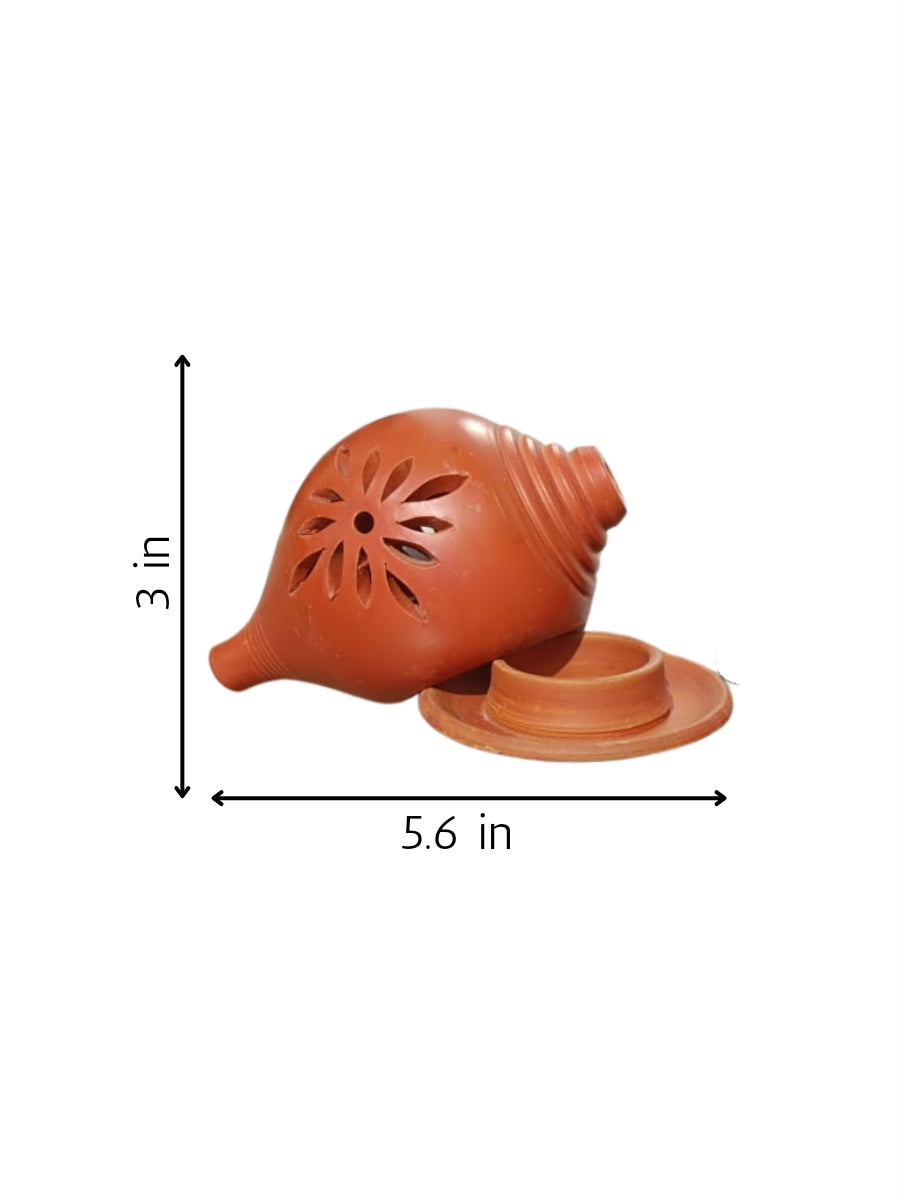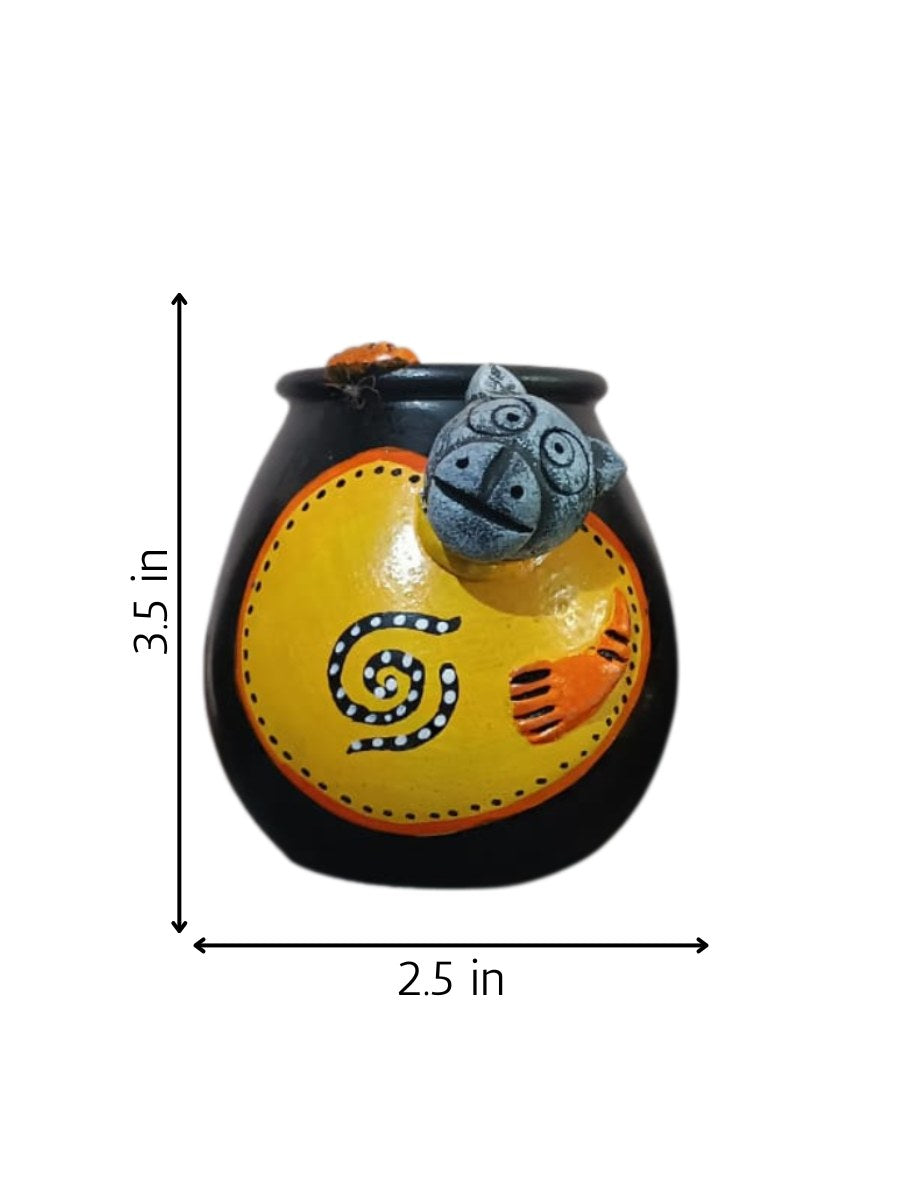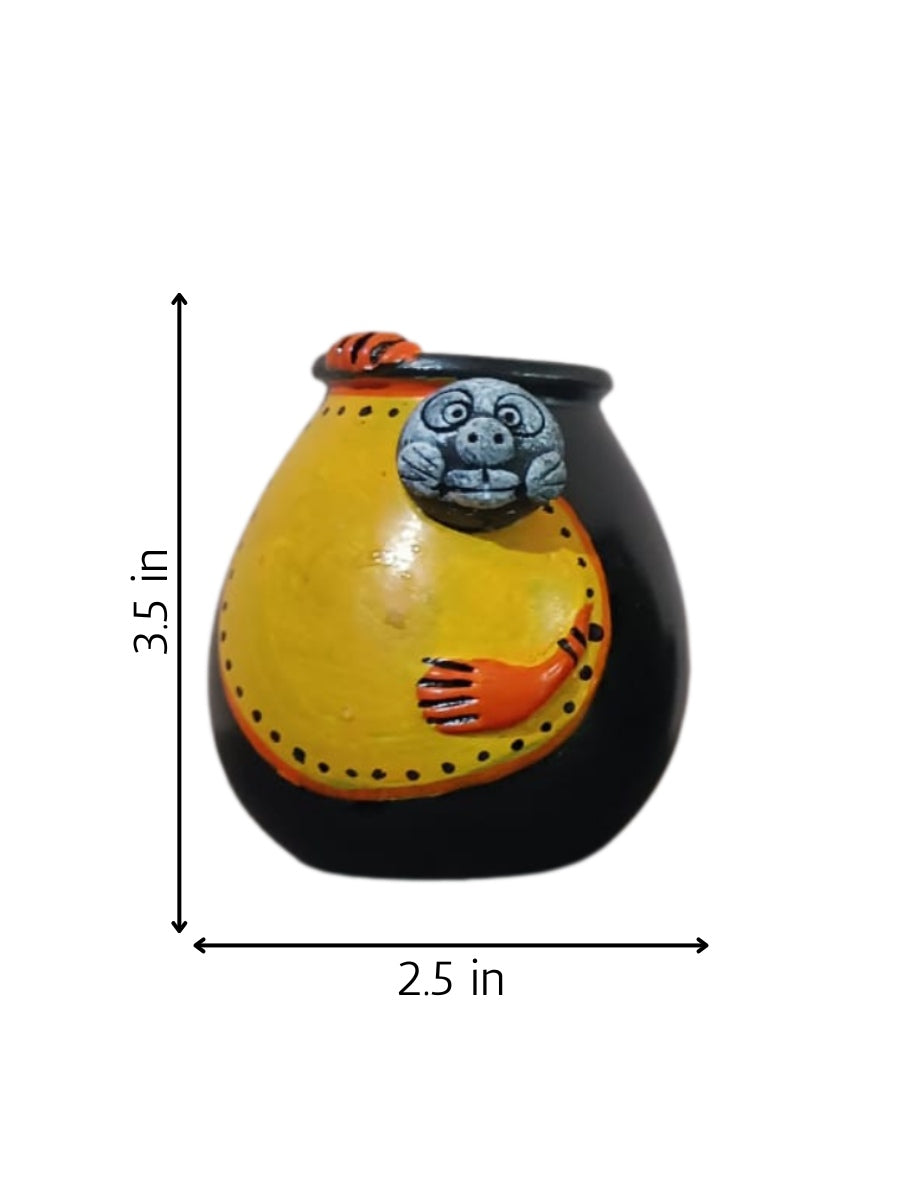Discover the Art of Black Pottery – A Heritage of Beauty and Utility
Black pottery, also known as blackware or black ceramic, is a centuries-old craft recognized for its striking black finish and intricate designs. This exquisite art form is practiced in regions like Nizamabad and Manipur (Longpi pottery), where artisans use unique firing techniques to achieve the deep black color. The combination of artistry and utility makes black pottery highly sought after worldwide.
The History of Black Pottery
Ancient Roots of Black Figure Pottery
Black pottery has historical significance across civilizations, from ancient Greece’s black-figure pottery to India’s indigenous black clay pottery. In India, black pottery has been a part of traditional craftsmanship, especially in regions like Azamgarh (Uttar Pradesh) and Nizamabad, Telangana.
Longpi Pottery – The Art of Manipur Longpi pottery:
A distinct form of black pottery from Manipur, is made using serpentine stone and weathered rock without the use of a potter’s wheel. This unique technique, passed down through generations, makes Longpi black pottery a fascinating cultural artifact.
Black Pottery of Nizamabad – A Legacy of Telangana:
The black pottery of Nizamabad is renowned for its glossy black finish and intricate carvings. This form of blackware pottery is created using special clay and a meticulous firing process that ensures its signature shine and durability.
Materials and Methods – The Craftsmanship Behind Black Pottery
Raw Materials Used in Black Clay Pottery
- High-quality black clay sourced locally
- Natural minerals like serpentine stone (for Longpi pottery)
-
Organic dyes and polishing agents
The Process of Crafting Black Pottery:
-
Clay Preparation: The clay is collected, aged, and kneaded to achieve the perfect consistency.
-
Shaping the Pottery: Traditional artisans either hand-mold the pieces (Longpi pottery) or use a potter’s wheel (Nizamabad black pottery).
-
Drying & Engraving: The pottery is left to dry before intricate designs are hand-etched onto its surface.
-
Firing Process: A special low-oxygen firing technique (reduction firing) gives the pottery its deep black hue and glossy finish.
-
Polishing & Finishing: The pieces are polished using smooth stones or organic substances for an elegant shine.
Significance of Black Pottery in Culture and Modern Decor
Black pottery has deep-rooted cultural significance, being used in rituals, ceremonies, and daily life for centuries. Today, it is a celebrated art form used in home decor, functional kitchenware, and artistic sculptures. With increasing demand, artisans now offer black pottery online, allowing collectors and enthusiasts to own a piece of this rich heritage.
FAQs About Black Pottery
What makes black pottery unique?
Black pottery is distinct due to its deep black color, achieved through reduction firing, and its intricate hand-carved designs. The glossy finish and durability make it both an artistic and functional piece.
What are the different types of black pottery in India?
Some popular types of black pottery in India include:
-
Nizamabad Black Pottery – Known for its smooth, glossy black finish.
-
Longpi Pottery – A hand-molded black pottery form from Manipur using serpentine stone.
-
Azamgarh Black Clay Pottery – A traditional craft with detailed carvings and functional use.
Can I buy Longpi pottery online?
Yes, authentic Longpi black pottery and other varieties of black pottery can be purchased online through trusted platforms like MeMeraki.
How is black pottery maintained?
-
Clean gently with a soft cloth and mild soap.
-
Avoid harsh chemicals or abrasive materials.
-
Keep decorative pieces dust-free with occasional wiping.
Does black pottery have any environmental impact?
Traditional black pottery is eco-friendly as it uses natural clay and organic dyes. However, modern production techniques may vary, so it's best to source from artisans committed to sustainable practices.
Comparison Table of Black Pottery Types
|
Type of Black Pottery
|
Origin
|
Key Features
|
Availability Online
|
|
Nizamabad Black Pottery
|
Telangana
|
Glossy black finish, intricate carvings
|
Yes
|
|
Longpi Pottery
|
Manipur
|
Hand-molded, made from serpentine stone
|
Yes
|
|
Azamgarh Black Clay Pottery
|
Uttar Pradesh
|
Traditional carvings, everyday utility
|
Yes
|
Explore the exquisite craftsmanship of black pottery and find authentic pieces online at MeMeraki!
Show Less




























































